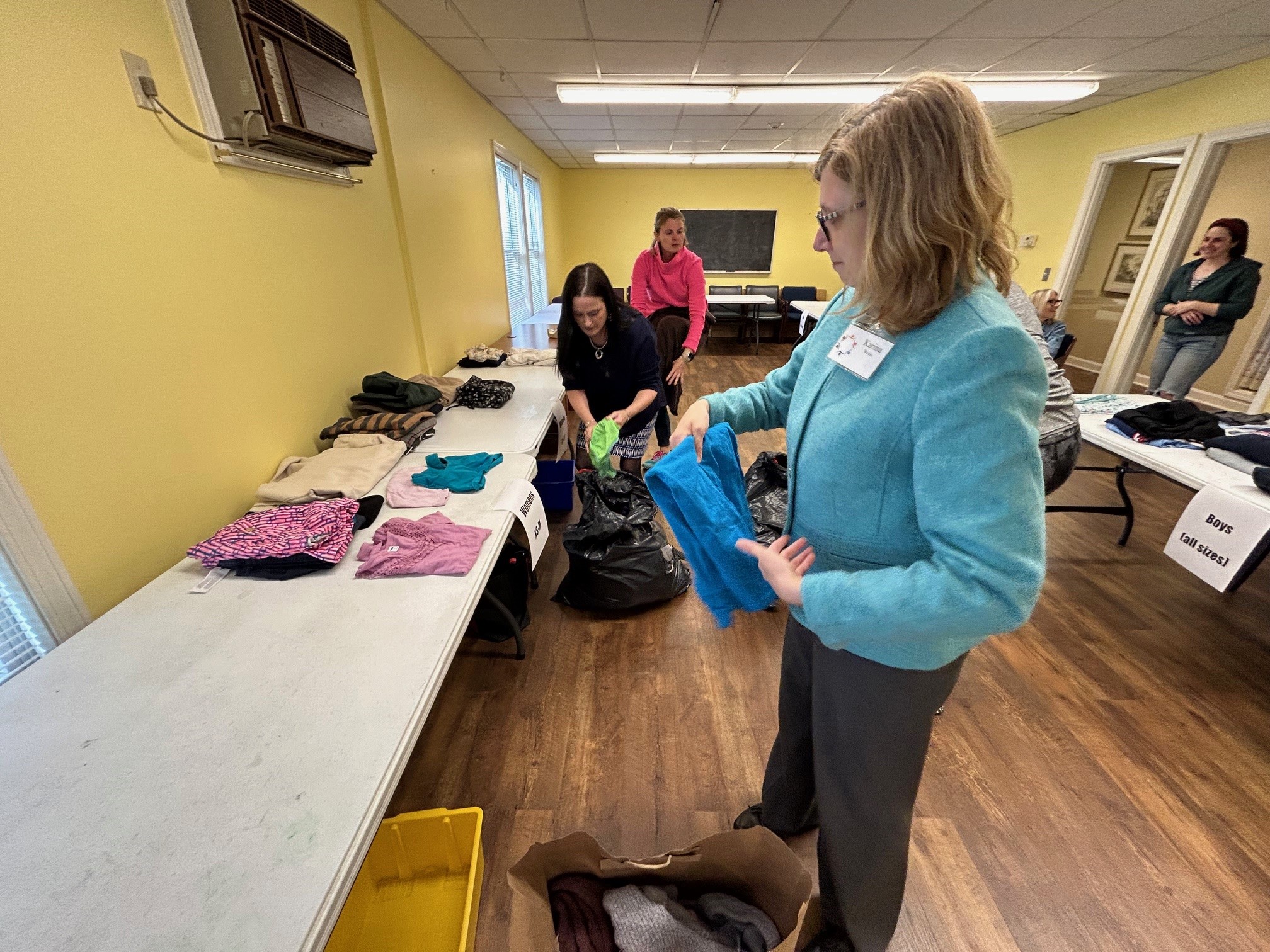Jenny Bronson enjoys taking her son Luke to the neighborhood playground. While her typical 4-year-old loves to get his hands dirty, he knows the rules.
“He actually says stuff like "Can I suck my thumb now mom?" And I say, 'No not until it's clean, not until I get a wipe for you,” the West Hartford mom said.
Like most parents, Bronson worries about germs.
“I worry constantly. I am a nurse and I carry Purell and I have them carry Purell,” Doreen Coley, another Connecticut mom, said.
Local
After all, kids are notorious for grabbing and touching everything. And, you know what they do next.
"Oh yeah, he's always putting his hands in his mouth,” Bronson said.
So just how clean is that school notebook or the water fountain your kid touches everyday? We teamed up with University of Connecticut Health Center to find out.
Lori Avery, a medical technician who examines all kinds of bacteria, showed us how to properly test ordinary surfaces children come across everyday.
After a lesson, we visited a local recreation center. We swabbed everything from crayons to scissors, to a computer mouse, and even a classroom sink.
We also checked indoor playgrounds at fast food restaurants. The results were negative. Doctors say they didn’t find anything they would not expect.
Dr. Raymond Ryan, a pathologist, says he found flora, which is a fancy name for something fairly common.
"It’s a mixture of organisms that you might find in the mouth, the nose or the environment. Everything is pretty much normal to be found,” Ryan said.
Considering warm weather supports the growth of germs, we decided to try testing some outdoor places as well. We went to several parks and playgrounds and swabbed swing sets, slides, railings and even a portable potty.
Ryan said what turned up might look alarming but, in reality, it's harmless. It's called bacillus.
"Bacillus species are just organisms that are in the dust, environment, in the air. If you took a plate, put it outside for 15 minutes and brought it into the lab and incubated the plate, the next day, it would pretty much be like this,” he said.
So, it turns out the world isn't as much of a germ pit as we might think. Doctors say it’s still important for parents to encourage children to practice good hygiene.
"I usually do a wipe in the car or something,” Coley said.
"We just use a lot of hand washing. We use a lot of anti-bacterial things. In my pocketbook, I’m always carrying things just in case we are in public places,” Bronson said.
It’s worth mentioning that the doctors in our report only tested for bacteria, not viruses. Studies have shown viruses such as the flu can live on a surface and infect a person for up to eight hours.



